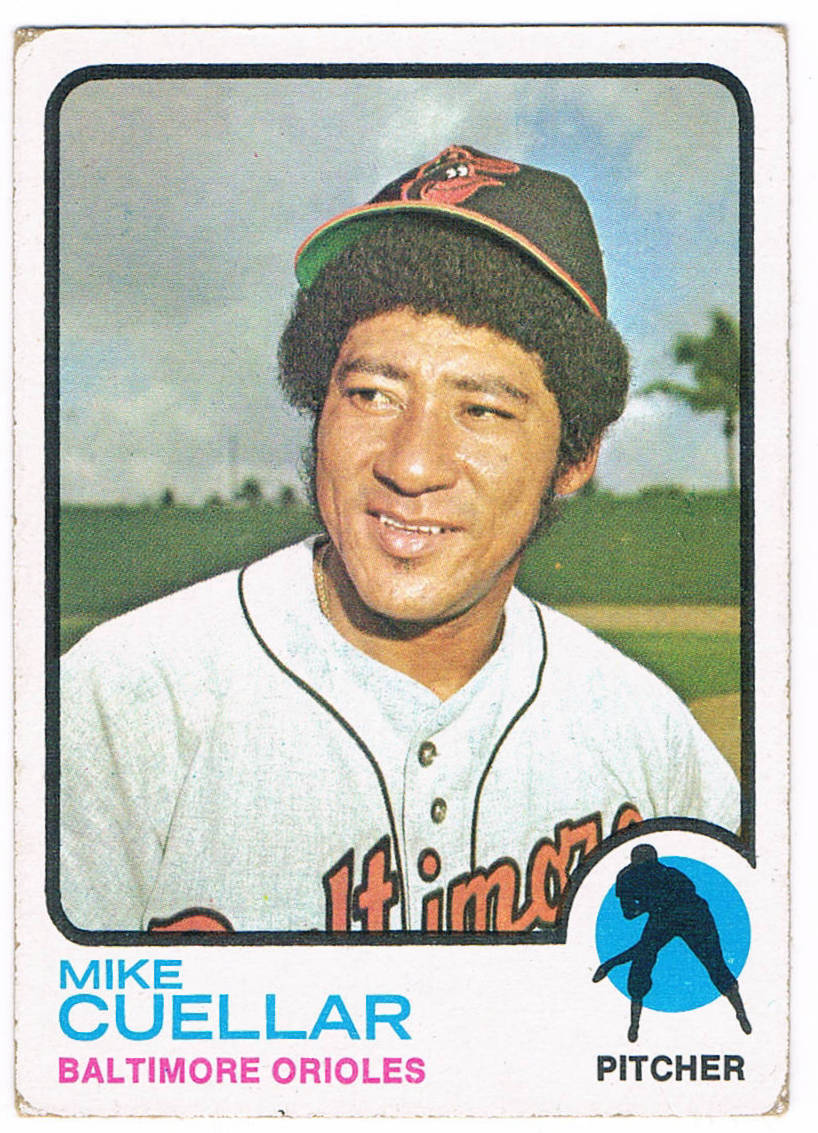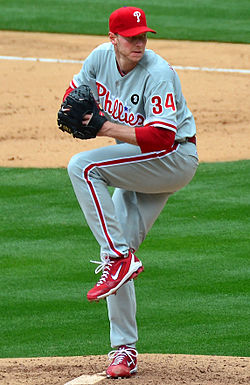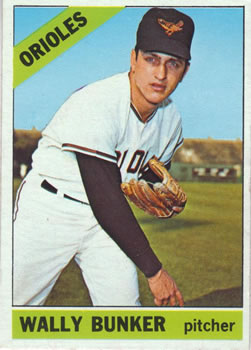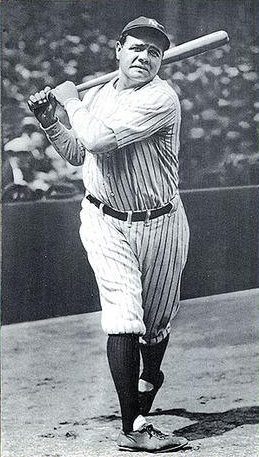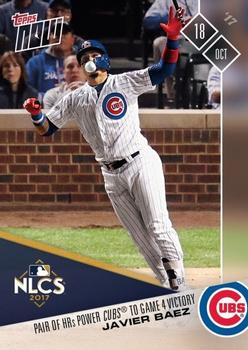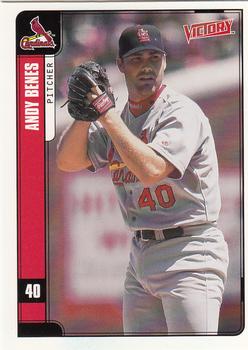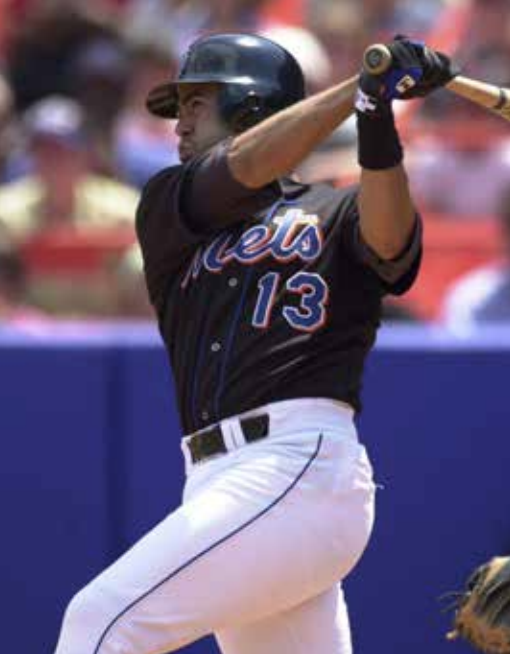October 11, 1983: Phillies take World Series opener from Orioles in pitchers’ duel
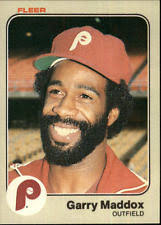 The Baltimore Orioles entered the 1983 World Series on an absolute roll. They took the AL East by six games and dispatched the Chicago White Sox four games to one in the ALCS. The White Sox were a very good team — they had won the AL West by a margin of 20 games — but went down easily to the Orioles; the combined score of the final three games was 18-1 in favor of Baltimore. The Orioles had excellent pitching and a powerful offense led by sluggers Eddie Murray and Cal Ripken Jr. When the World Series began, however, inning one began with a historically bad omen for the Orioles.
The Baltimore Orioles entered the 1983 World Series on an absolute roll. They took the AL East by six games and dispatched the Chicago White Sox four games to one in the ALCS. The White Sox were a very good team — they had won the AL West by a margin of 20 games — but went down easily to the Orioles; the combined score of the final three games was 18-1 in favor of Baltimore. The Orioles had excellent pitching and a powerful offense led by sluggers Eddie Murray and Cal Ripken Jr. When the World Series began, however, inning one began with a historically bad omen for the Orioles.
The leadoff man for the visiting Phillies was veteran second baseman Joe Morgan. He swung hard and skied a popup in the infield that got caught in the chilly crosswinds at Memorial Stadium.1 The ball soared into the night sky, then took a circuitous route back to earth before clanging off the glove of Orioles third baseman Todd Cruz. Morgan was safe at first on the E-5 — the first time in baseball history that a World Series began with an error on its very first play. This was surely not the way the Orioles wanted the Series to start, and could have been taken as a bad sign, but as a baseball play it ended up being meaningless. Morgan, who had celebrated both his 40th birthday and the 20th anniversary of his major-league debut a month earlier, was caught stealing when fellow 20-year vet Pete Rose whiffed on a hit-and-run attempt. Rose struck out, Mike Schmidt lined out to center, and the side was quickly retired.
The bottom half was a much better omen for the Orioles as another relative statistical oddity occurred, this one in their favor. Home runs in the first inning of the first game of a World Series had happened eight times before, but for the most part the sluggers had Hall of Fame names like Maris and Mantle and Mel Ott.2 This one came off the bat of light-hitting platoon player Jim Dwyer. He hit a 3-and-2 pitch with the bases empty off Phillies starter John Denny to deep right. It gave Baltimore starter Scott McGregor a 1-0 lead and the Orioles had to like their chances.
McGregor was coming off a great year, going 18-7 with a 3.18 ERA, walking only 45 batters in 260 innings. The Orioles were so stacked with arms that Jim Palmer, the winningest pitcher of the 1970s, was relegated to the bullpen. (Palmer’s injured arm was also no doubt part of the reason.) The Phillies’ longtime ace Steve Carlton was also ailing — not his famous left arm but a bad back — and wasn’t scheduled to start until Game Three.3
McGregor kept the Phillies hitless through the three innings. After the Cruz error, he retired eight straight until Morgan led off the fourth frame with a line single to center. Phillies manager Paul Owens again called for the hit-and-run. This time Rose hit the ball on the ground to third. Even with the good jump and a poor throw by Cruz, Morgan was somehow nipped at second. Rose was safe at first. The next batter, Mike Schmidt, just missed a home run on a fly to deep center a step shy of the wall. Cleanup batter Sixto Lezcano struck out and the leadoff runner was wasted. The score remained 1-0.
Denny, coming off an excellent year himself, was nearly as good as McGregor. After the first-inning home run, he kept the hot-hitting Orioles off balance. Mixing a great curveball with a solid fastball, and working very quickly, Denny looked every bit the Cy Young candidate.4 The first four innings were in the books in less than an hour. The 1-0 lead held up until the sixth when Morgan was at the center of the action again. With two outs and two strikes, he nailed a solo homer to deep right. The game was now tied.
The score remained 1-1 through seven innings when an unusual delay halted play before the top of the eighth. McGregor finished his warmup tosses and was gearing up to face Philadelphia center fielder Garry Maddox when a member of the television crew appeared on the field and waved him off, signaling for him to stop. “I told that guy never to do that to me again,” McGregor later said. “Sell your Datsuns some other way.”5 It wasn’t advertising forcing the delay, however, but rather a Howard Cosell interview of President Ronald Reagan. Reagan flew in by helicopter from nearby Washington to join the ABC broadcast crew in the booth and take in a few innings. His ballyhooed arrival and live televised chat with Cosell disrupted the game. McGregor was irritated by the delay and his arm apparently didn’t like it either. The first pitch after the break was a fastball and not a good one. Maddox, known much more for his glove than his bat, crushed it over the wall in left, giving the Phillies a 2-1 lead. Maddox was an even more unlikely Series slugger than Dwyer, having hit just four home runs in 1983 to Dwyer’s eight. The next batter, catcher Bo Diaz, hit the ball extremely hard as well, missing a home run only because left fielder John Lowenstein leapt over the fence to bring the ball back. It was an impressive defensive play, perfectly timed to pluck the ball from beyond the wall. McGregor settled back in to retire the side.
Denny returned to the mound for the bottom of the eighth. Orioles manager Joe Altobelli sent out two pinch-hitters to start the inning — John Shelby for catcher Rick Dempsey and Joe Nolan for McGregor. Both were retired, but Al Bumbry hit a two-out double and Owens strolled out of the visitors dugout to make a pitching change. A few months shy of his 60th birthday, Owens was a fitting manager for the veteran ballclub. He was known as “The Pope” not for his godliness but for his resemblance to prior pontiff and fellow Paul, Pope Paul VI. Owens waved in Mr. T lookalike Al Holland from the bullpen. In addition to looking like the TV star known for his Fu Manchu mustache and steely stare, Holland was one of the best relievers in baseball that year.6 He came in throwing hard, firing fastball after fastball. He retired another pinch-hitter, Dan Ford, to strand Bumbry.
After a quick top of the ninth, Holland reared back and threw another barrage of fastballs at the hard-hitting middle of the Orioles order. The radar gun showed 94 mph, “the hardest I’ve thrown this year,” he later said.7 As the bottom of the ninth progressed, the night’s steady drizzle turned into a downpour. The stubborn umpires didn’t find it wet enough for a delay, however. They let the game glide through the storm, close as it was to completion. A Cal Ripken popup on the infield became a challenge for Phillies shortstop Ivan DeJesus, who got raindrops in his eyes but squeezed the ball for the first out. Holland struck out star slugger Eddie Murray for the second out. Gary Roenicke was the Orioles’ last chance. Holland again fired hard and Roenicke flied out for the final out.
The Phillies won in what was a remarkably well-pitched game, presidential homer notwithstanding. No walks were surrendered by either team for the first time in a World Series game since 1967 and only the fifth time in the modern Series’ 80-year history.8 The elderly 1983 Phillies had fired their manager in midseason, didn’t seem likely to win the division, and were nicknamed “The Wheeze Kids” for their advanced age. But here they were, winning Game One on the road in their improbable attempt to take the World Series trophy home to Philadelphia.
Author’s note
I made use of the YouTube.com video of the televised game broadcast to supplement play-by-play details in the box score accessed through the Baseball-Reference.com website. I consulted various player, team, and season pages at Baseball-Reference.com in addition to those specifically referenced in the Notes.
https://www.baseball-reference.com/boxes/BAL/BAL198310110.shtml
http://www.retrosheet.org/boxesetc/1983/B10110BAL1983.htm
Notes
1 1983 World Series, Game 1: Phillies v. Orioles, ClassicPhilliesTV, January 26, 2016, https://youtube.com/watch?v=8UZ9GRI7H6Y.
2 Game One, Inning One Home Runs in World Series History: Mel Ott, Giants, 1933; Mickey Mantle, Yankees, 1956; Roger Maris, Yankees, 1960; Frank Robinson and Brooks Robinson, Orioles, both in the same inning, 1966; Don Buford, Orioles, 1969; Doug Decinces, Oioles, 1979; Bob Watson, Yankees, 1981.
3 Joseph Durso, “Phils Aided by Depth in Bullpen,” New York Times, October 11, 1983: B7.
4 Denny would indeed go on to win the 1983 NL Cy Young Award.
5 Steve Wulf, “The Orioles All Pitched In,” Sports Illustrated, October 24 1983; 20-28.
6 Dave Anderson, “Presenting Mr. T and Tippy,” New York Times, October 11, 1983: B7.
7 “Holland Just Challenged Them,” Decatur (Illinois) Herald and Review, October 12, 1983: 91.
8 Murray Chass, “Phillies Win Series Opener on Homer by Maddox: Phillies 2 Orioles 1,” New York Times, October 12, 1983: A1.
Additional Stats
Philadelphia Phillies 2
Baltimore Orioles 1
Game 1, WS
Memorial Stadium
Baltimore, MD
Box Score + PBP:
Corrections? Additions?
If you can help us improve this game story, contact us.


